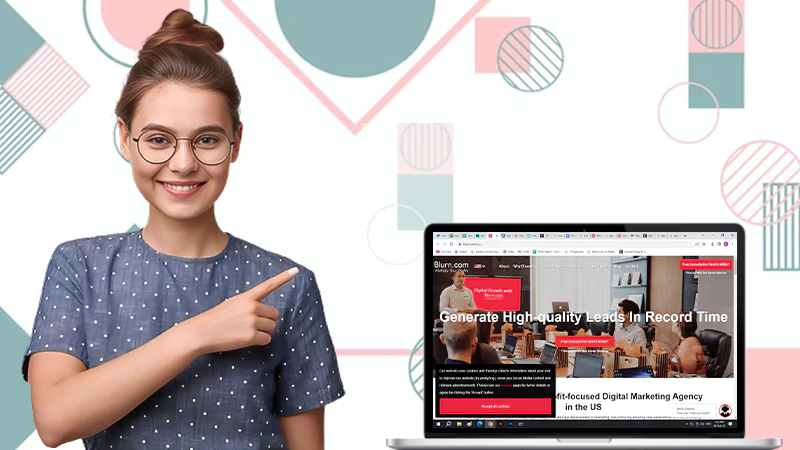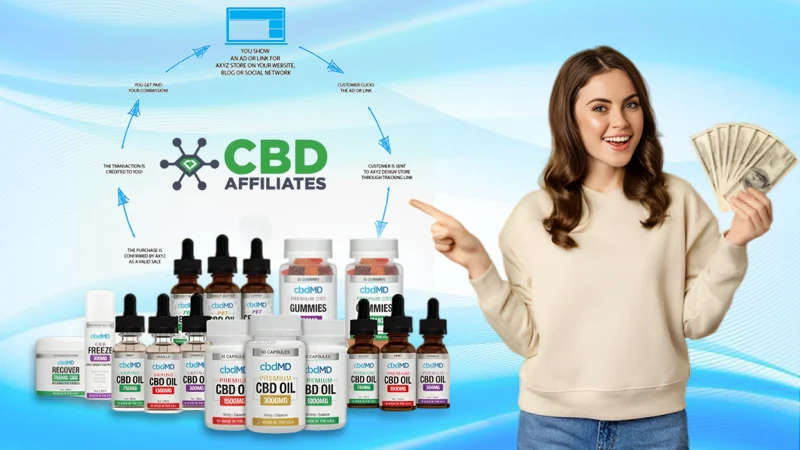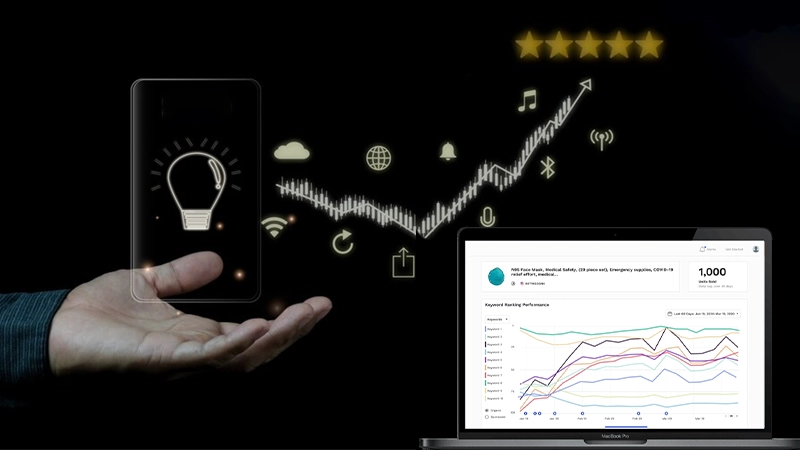How Can You Improve The Quality Of Your Blog Content?
The world of internet marketing is becoming more and more competitive with a focus on internet content. To be successful in this situation, many strategists have the reflex to publish as much blog content as possible to gain visibility.
Unfortunately, the market is flooded with questionable quality blog posts as many web marketers use the same strategy. This approach does not provide Internet users with reliable, useful, and engaging information but rather leads to public confusion and irony.
That is to say, do Google searches on its target keyword, get advice from the best sites, then reformat it without really adding anything new.
If you are in an uncompetitive industry or don’t expect results from your blog, it is possible to spend less than 4 hours on your article. Just know that bloggers who spend more than 6 hours per post are almost 40% to achieve good performance against only 26% for bloggers who spend only 2 to 3 hours.
Find an idea that works.
You must create relevant, original, and attractive content. If you get this, the SEO will practically do itself:
- Your content will be relevant to your users so that you will use the words of your users and they will easily find you by Google
- Your users will share your content on social networks so that Google will take them more into account
- And most importantly, little by little, you will be linked from quality pages that will see your content as something valuable to link
- This does not happen by magic, link-building (linking relevant pages to you) is something that costs a lot if a specific effort is not made for it.
For this, you can help yourself in searches for “the best.” You have to do searches of this type in Google:
- The best “keyword.”
- How to make/get “keyword.”
- The best “keyword” tips
And you’ll find tons of articles, tips, and topics to write about that other people already know.
HAVE YOUR CONTENT PROOFREAD BEFORE PUBLISHING IT.
Most articles are considered flat, boring, or uninteresting. Even if you work on form, the substance will remain the determining factor in attracting traffic, converting it, and retaining your readership.
Suppose you have just written over 2,000 words. The most important part of your content that you have to do is verify it before posting it on different platforms. Remember that 4 in 10 internet users have a negative perception of a brand when they see spelling mistakes in its content. External help is therefore welcome.
As a web writing and SEO agency, Wordpens offers you advice on your blog strategy.
Accompany the text with images
Another tip to make content that works is that you can learn to communicate, demonstrate and tell stories with images. The use of these complements improves how people understand the text; this helps the page be positioned better.
The images should be consistent with the text to improve the user experience. They help to the position because they give more signals to Google about what the page is about.
Using the pictures to show something or illustrate how something is done will be very helpful. For example, communicate how the product is used. Attractive images interact the users and insist them to read the contents. So when you are going to add images to your blog, make sure they are relevant to the topic.
CONDUCT AN EFFECTIVE BACKLINK RESEARCH
Producing good content in content and form, producing articles regularly, and bringing added value to Internet users makes it possible to garner links more effectively than go fishing at random. According to the study, 85% of people who publish ebooks, studies, and infographics outperform traditional blogs.
With this in mind, Wordpens SEO agency experts will show you how to improve the quality of the blog you publish to gain an advantage over your competitors.
Follow Us
Latest Post
















